
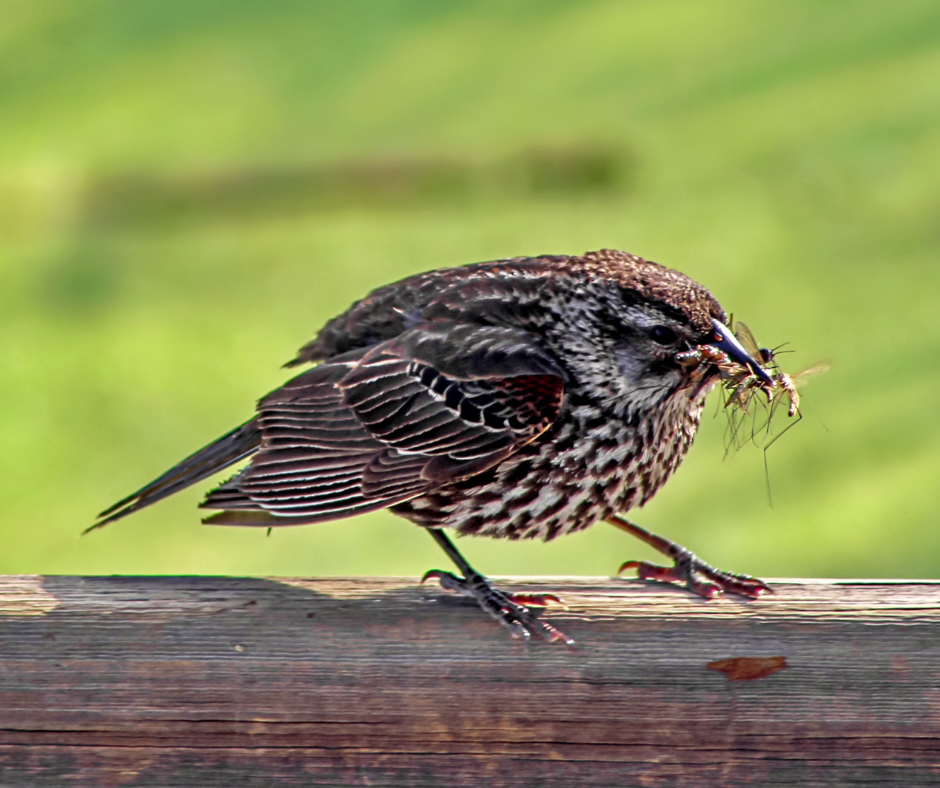
Long before we had professional pest control services and All-Natural Tick & Mosquito Control sprays like those offered by ohDEER, nature was already hard at work. Every ecosystem is filled with unsung heroes that protect us from disease-spreading insects. From frogs and bats to chickens and centipedes, nature’s pest control predators play a crucial role in balancing our environment and keeping us safe outdoors.
Let’s explore nature’s very own pest patrol, and why protecting these species is essential to our health and the health of our planet.
Few creatures are more universally hated than mosquitoes. These tiny insects are more than just buzzing annoyances, they are vectors for dangerous diseases like West Nile virus, dengue, Zika, malaria, and EEE. Fortunately, nature has evolved a long list of mosquito-eating allies that help keep their populations in check.
Frogs and Toads
Frogs and toads are mosquito-eating machines. They don’t just eat the adult insects, they feast on mosquito larvae as well. One fascinating 2022 study even linked a spike in malaria cases in Central America to a disease outbreak among amphibians. With fewer frogs around to eat mosquitoes, the insects and the illnesses they carry had a chance to thrive.
Bats
These flying mammals are some of the most effective natural mosquito predators around. Some species can devour up to 1,000 mosquitoes in just one hour. Many conservationists and scientists agree that bats are among the most powerful allies in the fight against insect-borne diseases.
Birds
Birds that like to eat mosquitoes include swallows, purple martins, nighthawks, chickadees, titmice, house wren, yellow warbler, Eastern Phoebe, hummingbird, Eastern blue bird, Northern cardinal and American robin.
A single Swallow can eat 850 insects per day, swallowing wasps, flies, and mosquitoes mid-flight. Their aerial acrobatics make them effective hunters of adult insects, and their presence around homes, farms, and water sources can significantly reduce local mosquito populations. Learn more about swallows, other mosquito-eating birds, and how to attract them to your yard in this blog from ohDEER.
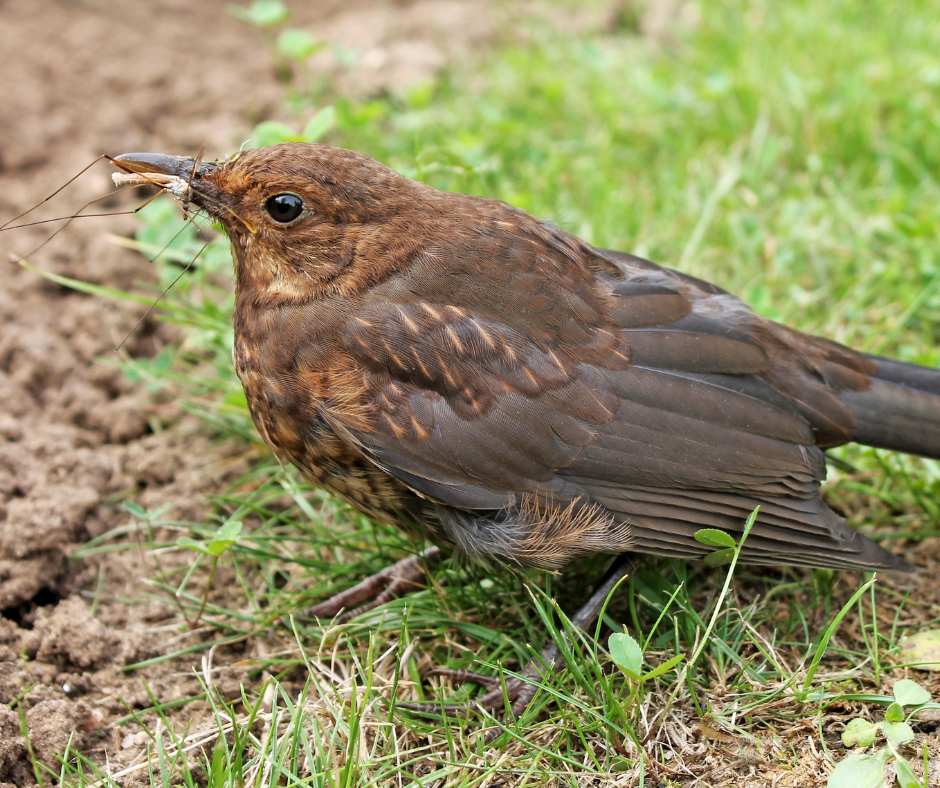
Dragonflies
Nicknamed “mosquito hawks,” dragonflies are some of the most skilled aerial predators in the insect world. Both dragonfly larvae known as nymphs and adults dragonflies eat mosquitoes. The aquatic nymphs lurk in still water, where they catch and eat mosquito larvae. As adults, dragonflies patrol the skies, snatching mosquitoes mid-flight with unmatched precision. Dragonflies have a near 95% hunting success rate, making them one of the most efficient insect predators on the planet. Encouraging dragonflies in your yard by avoiding pesticides can give your mosquito defense a serious boost.
Fish, Beetles, and Turtles
In ponds, puddles, and tree hollows where mosquitoes lay their eggs, aquatic predators lie in wait. Fish such as mosquitofish and minnows, aquatic beetles, and even freshwater turtles eat mosquito larvae before they ever get the chance to grow wings and spread disease.
Newts
The eastern newt, bright orange and often seen scurrying across woodland trails in the Eastern United States, feeds on mosquitoes throughout its life, larvae, juveniles, and adults alike. These amphibians can live 15 years, have a big appetite, and exist in large enough numbers to make a real impact.
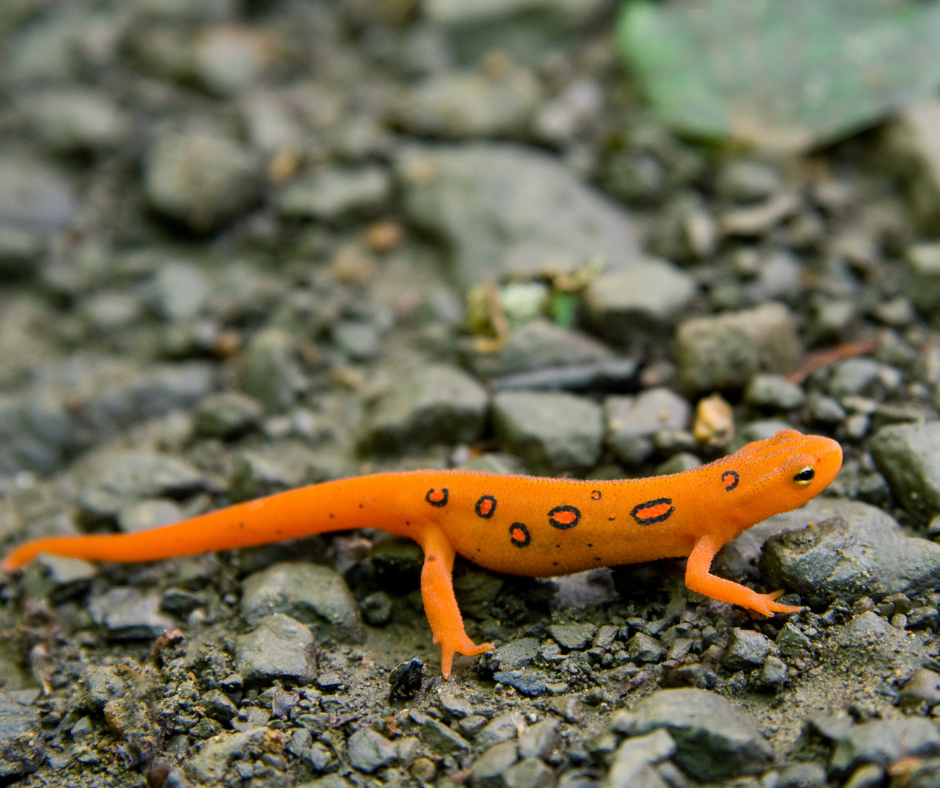
The Cannibal Mosquito
Not all mosquitoes are villains. The Toxorhynchites rutilus septentrionalis, native to the Southeast United States, doesn’t feed on blood. Instead, its larvae feast on other mosquito larvae, sometimes killing 20 to 50 larvae a day. These so-called “surplus killers” often destroy more than they consume, making them powerful natural pest controllers.
While mosquitoes often steal the spotlight, ticks are just as dangerous—especially in regions where Lyme disease, babesiosis, and anaplasmosis are on the rise. Thankfully, a variety of animals help keep tick populations under control in our yards and forests.
Chickens & Guinea Fowl
If you’ve ever seen a chicken pecking at the ground, you’ve seen tick control in action. All chickens will eat ticks and insects, but some breeds are better at finding and eating ticks than others. Dominique, Hamburg, and Leghorn chickens are the best “critter eaters.” Guinea fowl, are well known for their ability to clear an area of ticks. Many farmers and rural homeowners keep flocks specifically for this purpose.
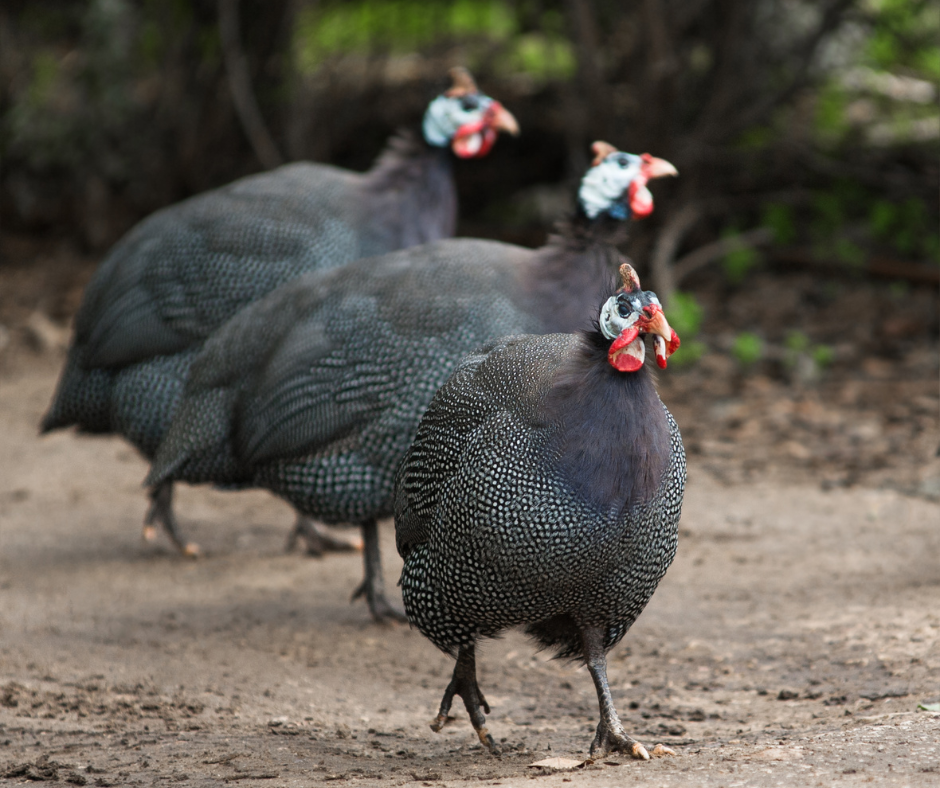
Wild Turkeys
These big birds aren’t just Thanksgiving mascots, they’re surprisingly effective tick eaters. As they forage through forests and meadows, wild turkeys gobble up ticks in large numbers, helping reduce the risk of tick-borne illnesses in local ecosystems.
Opossums
North America’s only marsupial is a tick predator. Unlike some predators that might carry ticks around on their bodies, opossums are meticulous groomers and will eat the ticks they pick up while roaming.
Squirrels, Chipmunks & Lizards
These small woodland eat ticks while foraging or grooming, helping maintain balance in local ecosystems.
Ants, Spiders, and Centipedes
In the undergrowth of forests and gardens, tiny predators like ants, spiders, and centipedes feast on tick larvae and nymphs. While they may not completely eliminate a tick population, they contribute to natural control by targeting early life stages.
Ducks & Geese
These water-loving birds don’t just add charm to a pond, they also help control tick and insect populations as they forage in grasses and shallow water, picking off pests along the way.
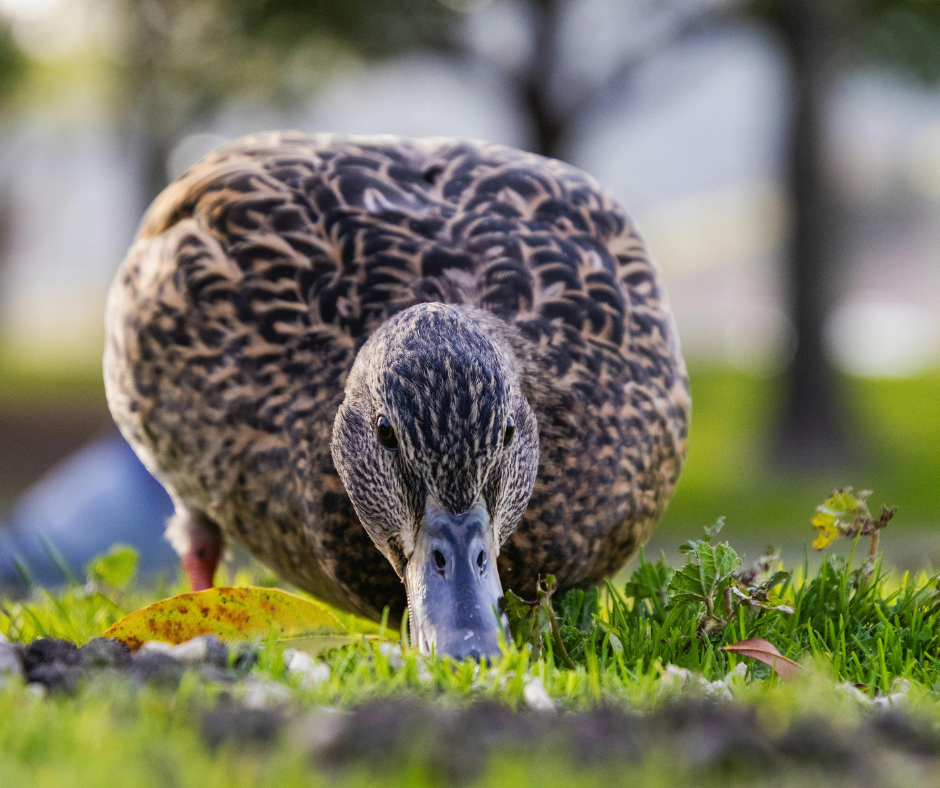
As Douglas Tallamy, professor of agriculture at the University of Delaware, reminds us: “Most species are controlled very well… by natural enemies.” When we disrupt pest predators through deforestation, pollution, or pesticide overuse, we affect ecosystems. Unbalanced ecosystem’s cause invasive pests to multiply, and human health suffers as a result.
At ohDEER, we believe in working with nature, not against it. That’s why all of our Mosquito, Tick, and Deer Control solutions are 100% natural and free from pesticides. Our All-Natural pest control solutions are and safe for kids, pets, the environment, and the very animals that help keep our ecosystems healthy.
Want to encourage nature’s pest control in your own backyard? Here are a few simple ways to do so:
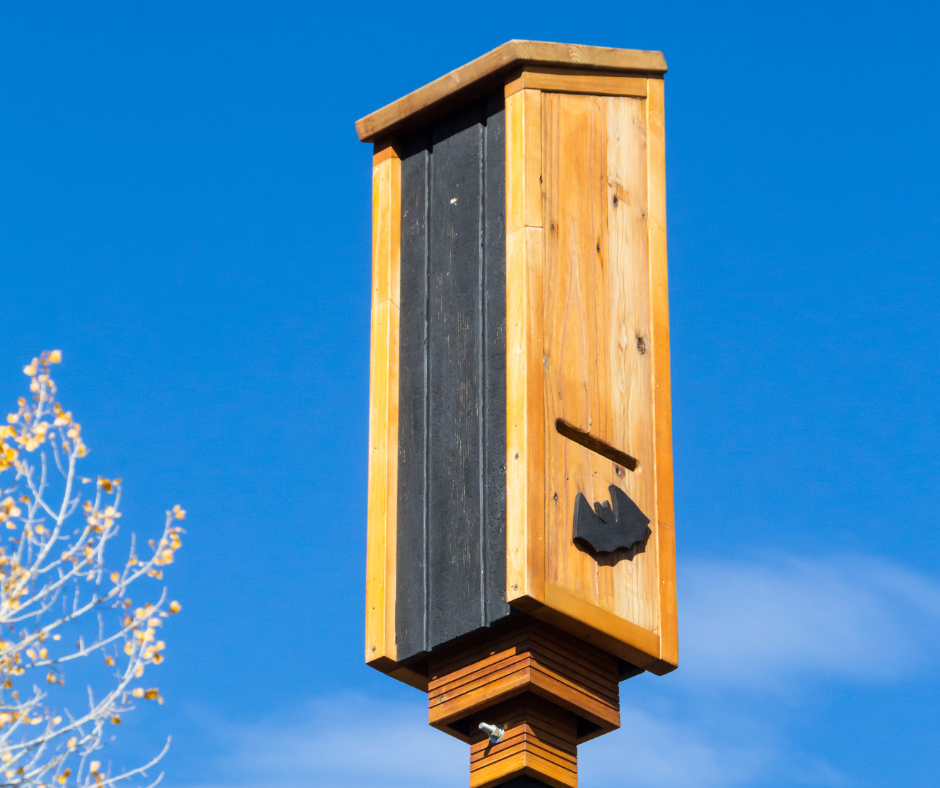
While humans have developed incredible tools to manage pest populations, nature’s pest control has been hard at work it all along. By supporting biodiversity and choosing environmentally friendly solutions like those from ohDEER, we can keep our yards safe and healthy so we can enjoy more time outside. Let’s protect and encourage the protectors to make outdoor living better for everyone!
Looking for safe, effective, All-Natural Tick and Mosquito Control for your yard? Contact ohDEER today to get on our schedule and enjoy more time outside, naturally! Also, learn more about pest control trends.